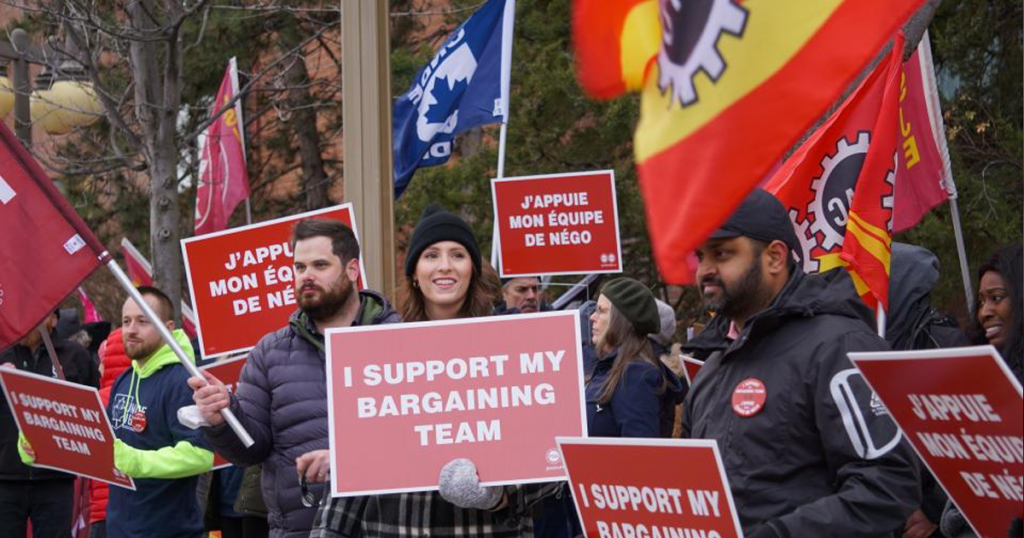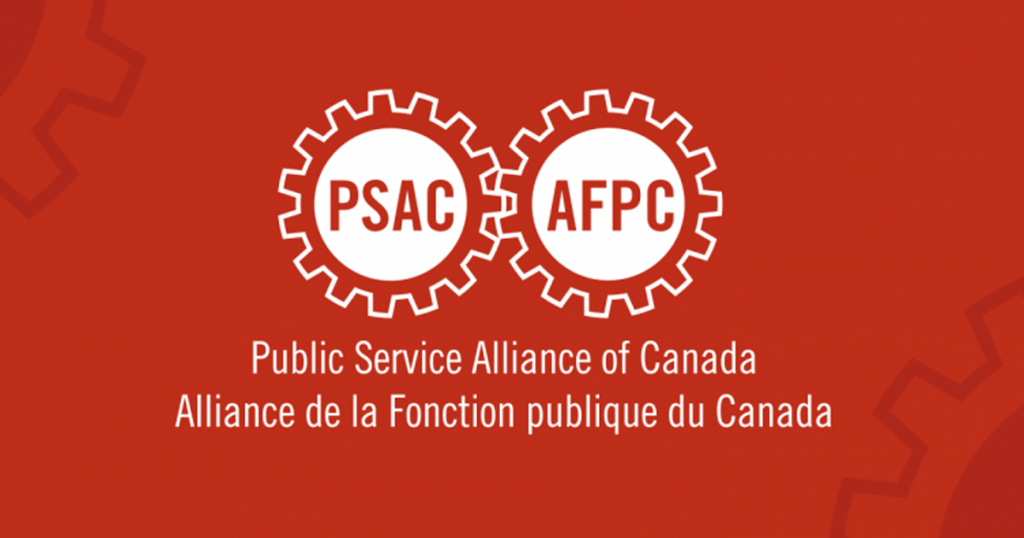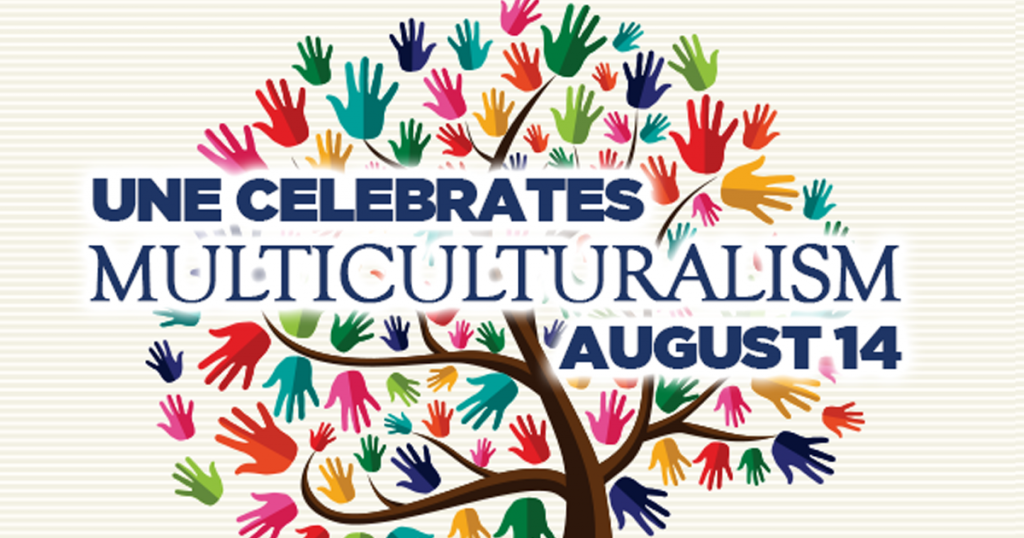
January 26, 2023
Despite the recent update made by Minister Gould, the passport crisis is not over just yet. The minister acknowledged the commitment and professionalism of our hard-working members. We expect a spike in demand with the 10-year passport period ending with many waves of renewal submissions to come. The minister mentioned that our members have been working overtime to tackle the passport chaotic situation. They still do and this is not sustainable.
“For months, UNE has provided recommendations and best practices to ESDC about the overload our members and the department would experience,” said Sharon DeSousa, PSAC’s National Executive Vice-President. “The department did not prepare adequately, and our members had to face the crisis last year, but we continue to work with the employer to improve work conditions and services to Canadians.”
The department has hired a lot of new employees to prepare for the next influx of passport requests. Although ESDC hired intake personnel and changed its training curriculum to certify the Citizen Services Officer, it remains that only qualified Passport Officers can entitle all types of passports, including more complex files. As such, the “passport integrity”, mentioned by the minister, is still a big concern to the UNE.
It is thanks to the commitment and professionalism of our members that the backlog of passports is “virtually eliminated”, as stated by the minister.
UNE has continually raised concerns about low morale in the workplace, stress and mental health. Our members are as frustrated as the general public about wait times and we continue to work with the department on resolutions.
Finally, the minister briefly talked about looking at different new ways to deliver passports to Canadians. We are hopeful that any changes will involve consultation with the Union.








